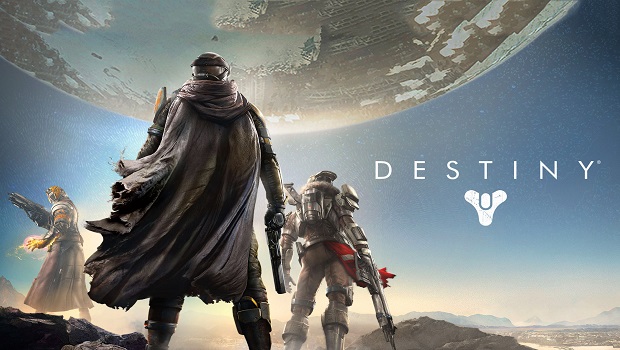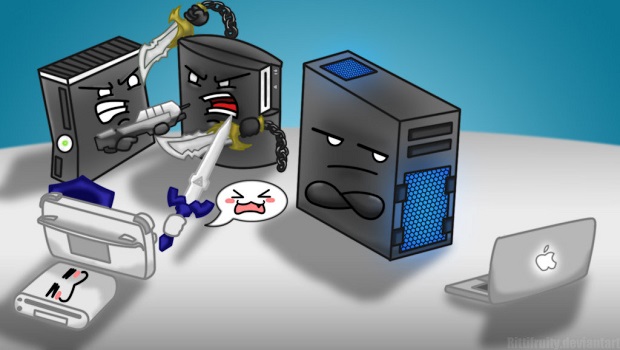Why Is There So Much Negativity In Games Journalism?
I started writing about games because I like them. Games are fun, and talking about games is even more fun. With this site, I get to talk about strategy games all I want in reviews, previews, on our podcast, and in editorials. And I keep writing and playing and talking, because I enjoy it.
The foundation of my ability to write is joy.
This is why I don’t like what so much of the discussion around gaming has become. We’ve allowed the triumph of negativity. In the much acclaimed “console wars,” we’ve allowed the war to become more important than the consoles. Instead of a discussion of how great gaming has become, of how games like Divinity: Original Sin are pushing boundaries and Destiny is blowing the doors off of buildings, we are left discussing whether the Wii U is still alive, and how Microsoft has betrayed us all. It’s sickening.
The Destiny beta kicked off this past week, and I expected my twitter feed to be overrun with gushing statements about how great it was. There were a few, but they were drowned out quickly by Jim Sterling and the hatchet factory ripping into the Xbox One. Jim Sterling is possibly the worst voice in the gaming industry in terms of capitalizing on and building up negativity. Look at the titles of his last, say, 10 Jimquisitions: The Xbox One: A Lying Failure Machine, The Poison of Pre-Order Culture, EA & Ubisoft: A Cycle of Perpetration and Apology, How to Sell Games Without Being A Lying Dick, Ubisoft: A Sad Cycle of PC Failures, Diversity? LIEversity!, The Rise of YouTube Fodder, Air Control: A Steam Abuse Story, FarCry: A Racism Adventure, and Watch Dogs: Five Collectors Editions for One Game? What? Fucking What?. Look at that- a journalistic career built on negativity and hatred. And Sterling is immensely popular, one of the most recognizable names in games criticism. Yet his foundation is everything that is wrong.
I understand that negativity sells. Choosing sides and fandom is why sports are so popular. The fascination with the bad side of life is why news coverage focuses on a single, particularly awful shooting while ignoring the fact that violent crime is at an all-time low. And games journalism, sitting in the shadow of other more entrenched and longer-lived parts of the form, has latched onto this with a powerful death grip. But games industry voices perpetuate the divisiveness, not commenting on it so much as increasing it. The journalists themselves are causing so much negativity that real issues like gender disparity and racial discrimination get drowned out. And while I understand why you want to discuss EA’s policies or preorder issues, vitriol should not be your only outlet. Game conversations, and especially those around thought leaders, ignore the positive to such a degree that some people have started to turn away.
Why are gaming sites with travel budgets and corporate backing losing views to YouTubers in their bedrooms with webcams? Because the YouTubers love games. They give us Let’s Plays, and live streaming, and it’s so refreshing to see someone confront gaming, not as a war, but as the hobby we’ve all come to love. I find myself unfollowing journalists on twitter because I can’t stand that all they have to offer me is negative. I’d rather follow folks without the industry connections, who may know less, but offer me a love of gaming. I want to hear about what people like. Not what they hate.
Deep-seated resentment is a horrible foundation for a conversation. There is room to discuss things we don’t like, but we’ve allowed the darkness to consume the light, and we shouldn’t allow this to continue.

